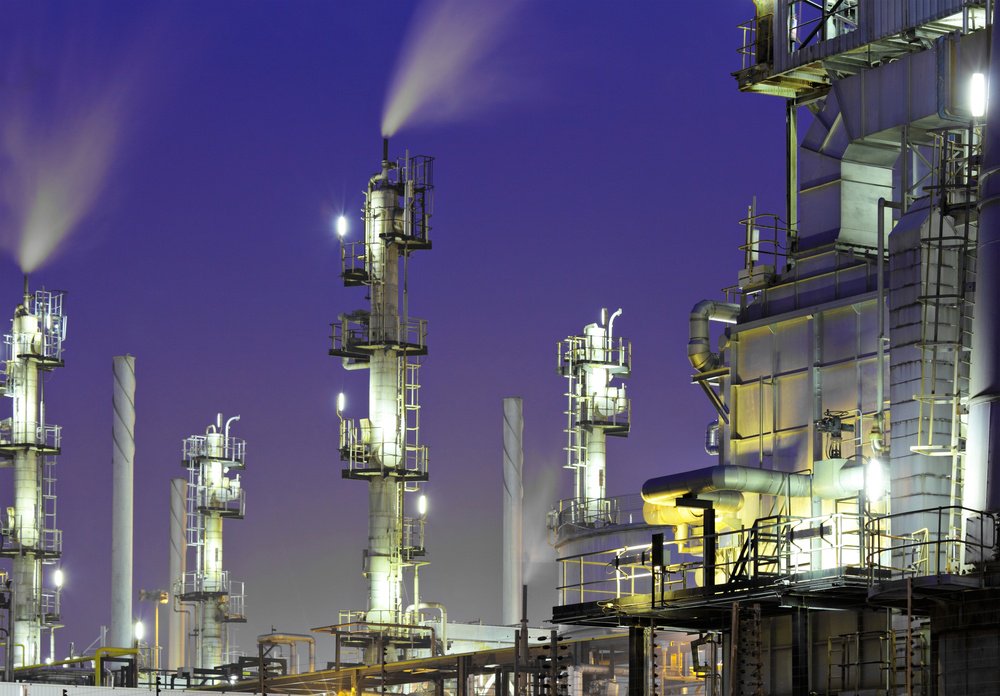If you work at a busy manufacturing company the chances are your energy consumption will need to increase in the next few years. You will also be under intense pressure to reduce your carbon emissions. How can this dilemma be solved?
The biggest step most manufacturing companies could take to reduce carbon emissions would be to change energy provision. Yet, according to a recent CDP report, only 28% of companies have a low-carbon transition plan in place to meet their climate goals.
Battery Energy Storage Systems (BESS) have been described as the true bridge to a clean-energy future, because the storage units make it possible to store energy from renewable sources, such as wind and solar PV.
However, this association with renewable energy has switched off many manufacturers from exploring the BESS option, mistakenly believing that because a BESS can only deliver energy for relatively short periods of time, it can’t be part of the solution for them. Or perhaps thinking that because they have no solar PV or wind turbines on site a BESS can’t help them.
These are common misconceptions. The reality can be surprisingly different, and there are five clear signs that should point companies towards considering a BESS:
1) Your annual energy bill is over £100K
You can charge your battery at cheaper times of day, store energy and use it from the BESS rather than the grid at more expensive times. The cost benefits to those paying upwards of £100k PA cannot be ignored.
It is even possible sell back your stored energy if you have more than your business needs, providing a return on investment via grid connection and as an energy sales asset. This can deliver an ROI in around five years depending on your consumption patterns. Sooner perhaps, if the price of fuel continues to rise.
Read more: TheManufacturer
It’s Time to Go Green!
If you would like to know more about Solar Panels and the PowerBanx range of home battery systems, and get a free instant quote, please complete our online form:






